Read about NIH-funded research that shows reducing calories may improve health benefits.


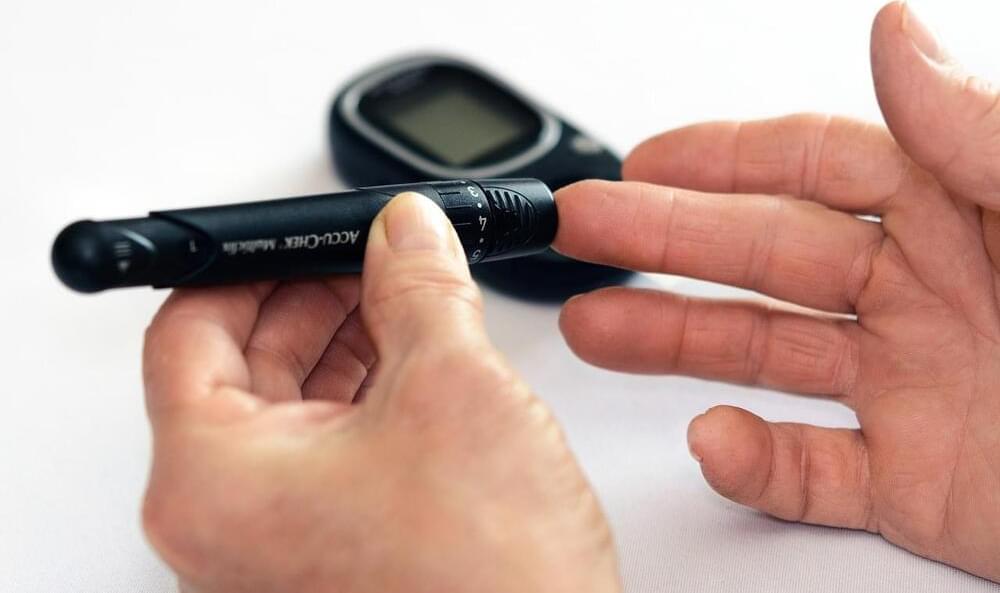
In America, roughly 40 million Americans have diabetes and about 95% of them have type 2 diabetes. Type 2 diabetes occurs when the body cannot correctly process sugar and fuel cells. More specifically, the body does not produce enough insulin to break down sugar into glucose for the cells to use. In this case, treatment includes insulin shots or a pump in addition to a strict diet excluding sweets or high fat meals. Treatment limitations disrupt patient quality of life. Some researchers have been working on better detection for diabetic retinopathy with artificial intelligence (AI), but research is limited on how to better detect diabetes itself. Thus, many researchers are working to detect diabetes early on and discover better treatments.
Klick labs, located in multiple cities across the world, is trying to detect type 2 diabetes by having a patient speak into a microphone for 10 seconds. Klick labs believes this technology can better detect diabetes and help patients get treatment earlier. The study was published in Mayo Clinic Proceedings: Digital Health, which details how patients spoke for 10 seconds and combined with health data, including age, sex, height, and weight, created an AI model that discerns whether a person has type 2 diabetes or not. After further tests, scientists determined it has 89% and 86% accuracy for women and men, respectively.
In the study, Klick Labs collected voice recordings of 267 people, either non-diabetic or diabetic. The participants were asked to record a phrase into their smartphones six times a day for a total of 2-weeks. Over 18,000 recordings were taken and analyzed to distinguish 14 acoustic features that helped distinguish non-diabetic to type 2 diabetic individuals. The research highlights specific vocal variations in pitch and intensity that could lead to how the medical community screens for early-onset diabetes. A major barrier to early detection includes time, travel, and cost, which many people do not have. Voice diagnosis can help eliminate those barriers and improve detection and treatment in diabetic patients.
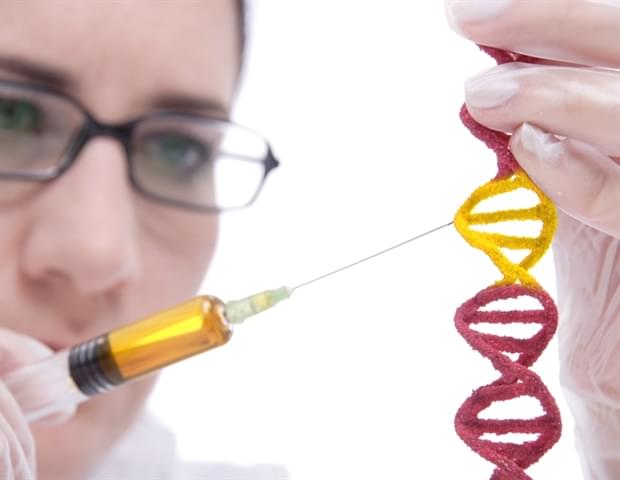
A team of researchers has developed a software tool called DANGER (Deleterious and ANticipatable Guides Evaluated by RNA-sequencing) analysis that provides a way for the safer design of genome editing in all organisms with a transcriptome. For about a decade, researchers have used the CRISPR technology for genome editing. However, there are some challenges in the use of CRISPR. The DANGER analysis overcomes these challenges and allows researchers to perform safer on-and off-target assessments without a reference genome. It holds the potential for applications in medicine, agriculture, and biological research.
Their work is published in the journal Bioinformatics Advances on August 23, 2023.
Genome editing, or gene editing, refers to technologies that allow researchers to change the genomic DNA of an organism. With these technologies, researchers can add, remove or alter genetic material in the genome.
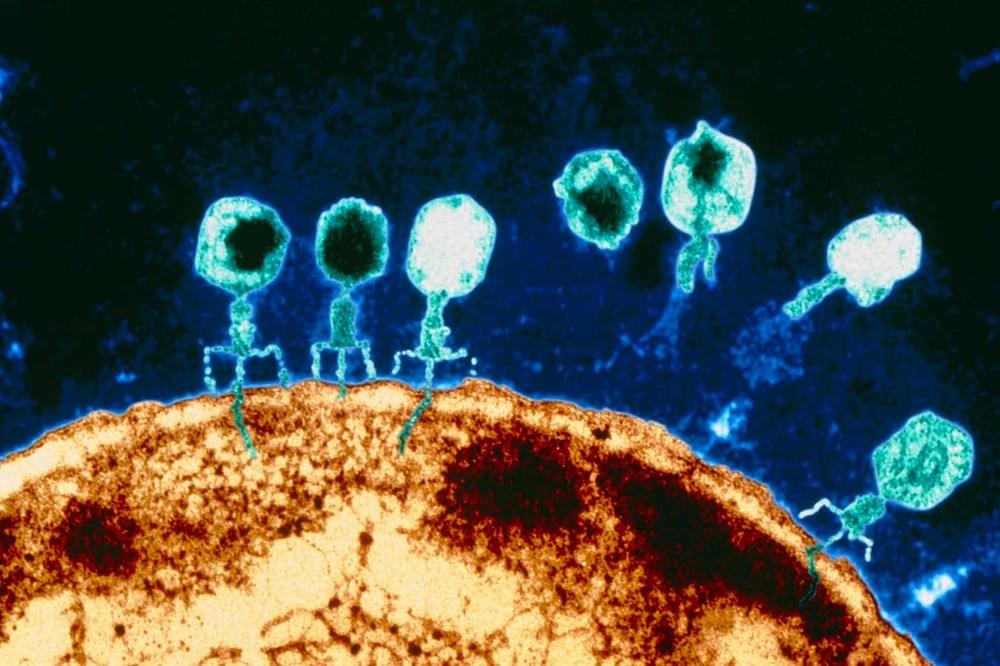
Viruses that infect bacteria – called phages – are abundant in our bodies, and they seem to have beneficial effects when our cells engulf them.
By Kamal Nahas
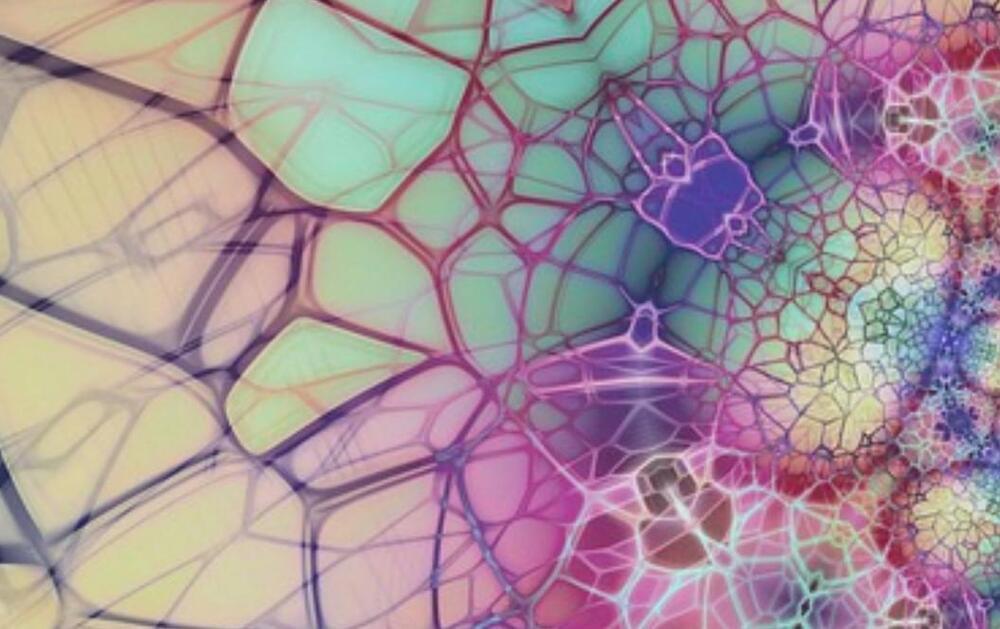
The human gut microbiome has a crucial connection to our health and well-being, but it is a complex entity made up of many different organisms, which all have an effect on one another. The hundreds of different microbial species in the gut metabolize the foods we consume in different ways, and the metabolites that microbes generate are often then consumed by other microbes. It’s been suggested that the more than half of the stuff that is eaten by gut microbes are byproducts of other gut microbes. This interdependence can have profound implications for the gut microbiome, and some species become totally reliant on the presence of others.
Scientists are still learning about the various characteristics of a healthy human gut microbiome, but there are certain species that tend to be present. High diversity in the microbiome is also typically associated with good health. While some microbes can fill in the gaps if other important ones are missing, some species can’t be substituted.
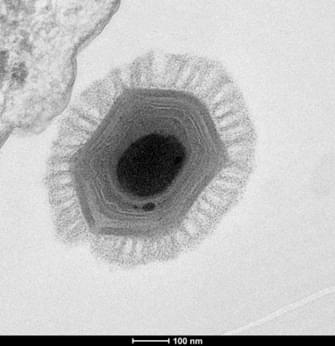
This exemplary virus makes its own genes which many have theories say that it could be a direct relationship to the sorta alien ant farm we are currently in on earth. That maybe it is a clue that viruses started all life from a sorta panspermia whether it was from meteorites or even direct gene engineering from aliens this virus gives us a clue even to our evolutionary processes that we could even become aliens someday.
Pandoraviruses, the largest viruses ever found, are shaking up the tree of life. Could they and other abnormally large viruses belong to a fourth branch of life separate from Bacteria, Archaea, and Eukaryotes?
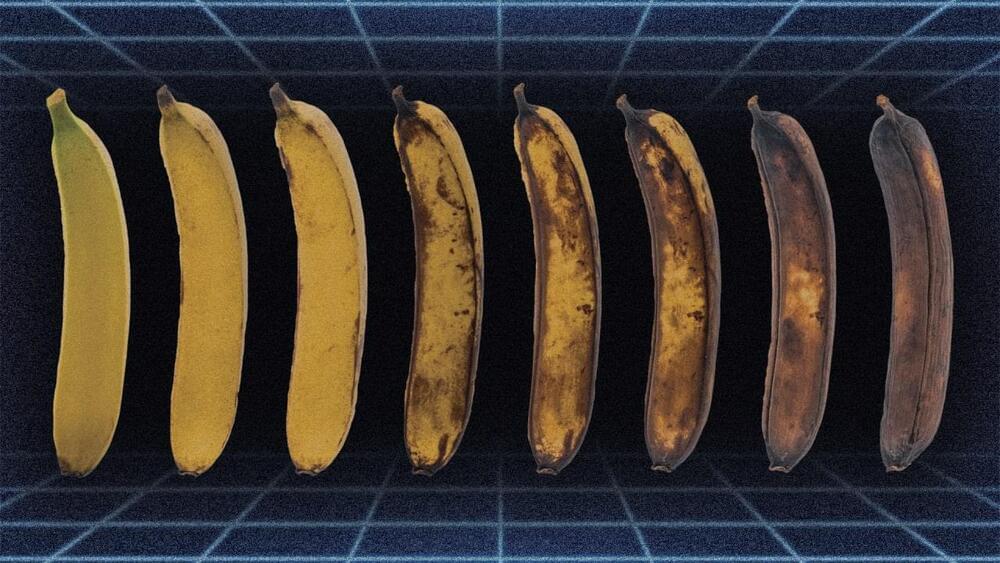
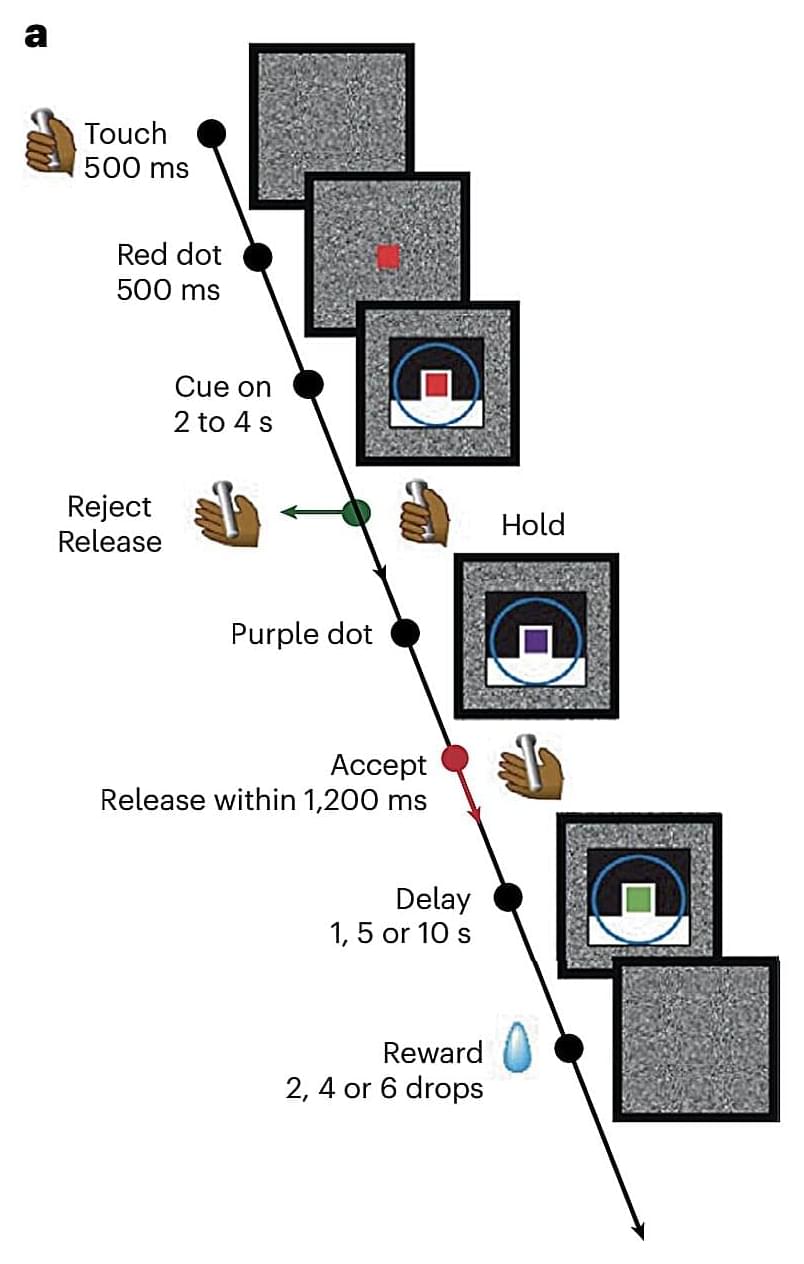
When humans make decisions, such as picking what to eat from a menu, what jumper to buy at a store, what political candidate to vote for, and so on, they might be more or less confident with their choice. If we are less confident and thus experience greater uncertainty in relation to their choice, our choices also tend to be less consistent, meaning that we will be more likely to change our mind before reaching a final decision.
While neuroscientists have been exploring the neural underpinnings decision-making for decades, many questions are still unanswered. For instance, how neural network computations support decision-making under varying levels of certainty remain poorly understood.
Researchers at the National Institute of Mental Health in Bethesda, Maryland recently carried out a study on rhesus monkeys aimed at better understanding the neural network dynamics associated with decision confidence. Their paper, published in Nature Neuroscience, offers evidence that energy landscapes in the prefrontal cortex can predict the consistency of choices made by monkeys, which is in turn a sign of the animals’ confidence in their decisions.
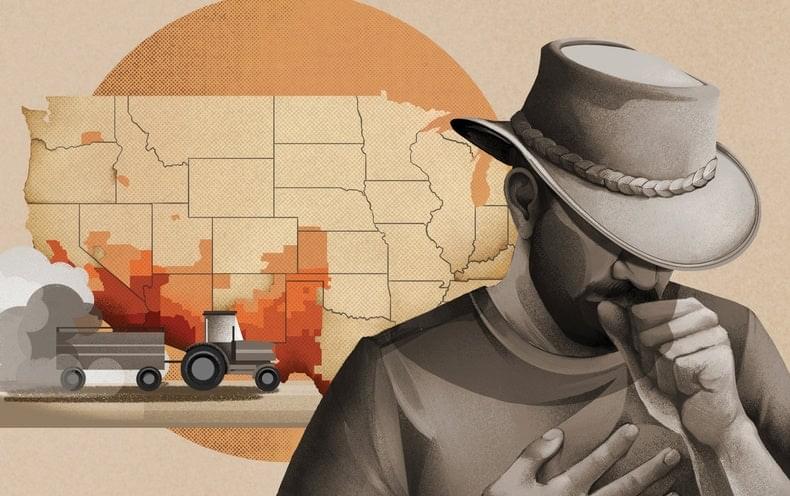
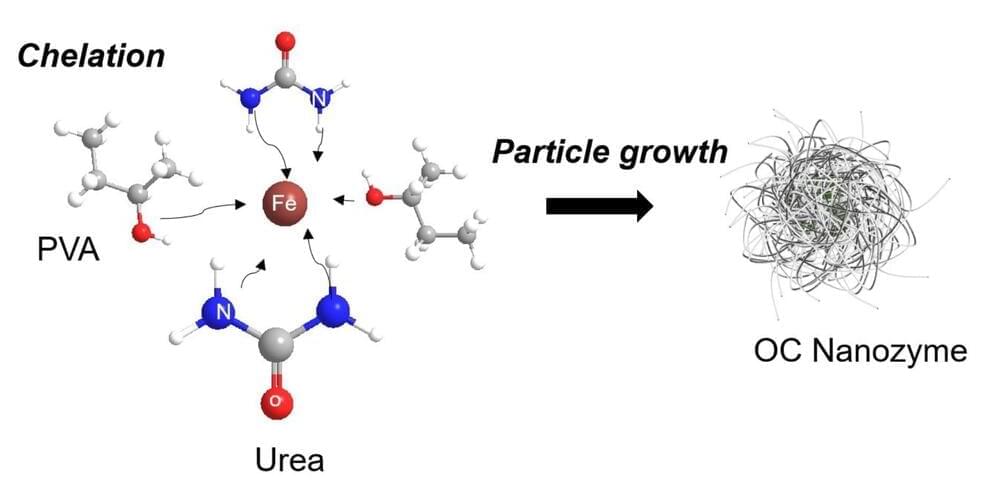
Nanozymes are synthetic materials that mimic the properties of natural enzymes for applications in biomedicine and chemical engineering. Historically, they are generally considered too toxic and expensive for use in agriculture and food science. Now, researchers from the University of Illinois Urbana-Champaign have developed a nanozyme that is organic, non-toxic, environmentally friendly, and cost effective.
In a newly published paper, they describe its features and its capacity to detect the presence of glyphosate, a common agricultural herbicide. Their goal is to eventually create an user-friendly test kit for consumers and agricultural producers.
“The word nanozyme is derived from nanomaterial and enzyme. Nanozymes were first developed about 15 years ago, when researchers found that iron oxide nanoparticles may perform catalytic activity similar to natural enzymes (peroxidase),” explained Dong Hoon Lee, a doctoral student in the Department of Agricultural and Biological Engineering (ABE), part of the College of Agricultural, Consumer and Environmental Sciences (ACES) and The Grainger College of Engineering at U. of I.